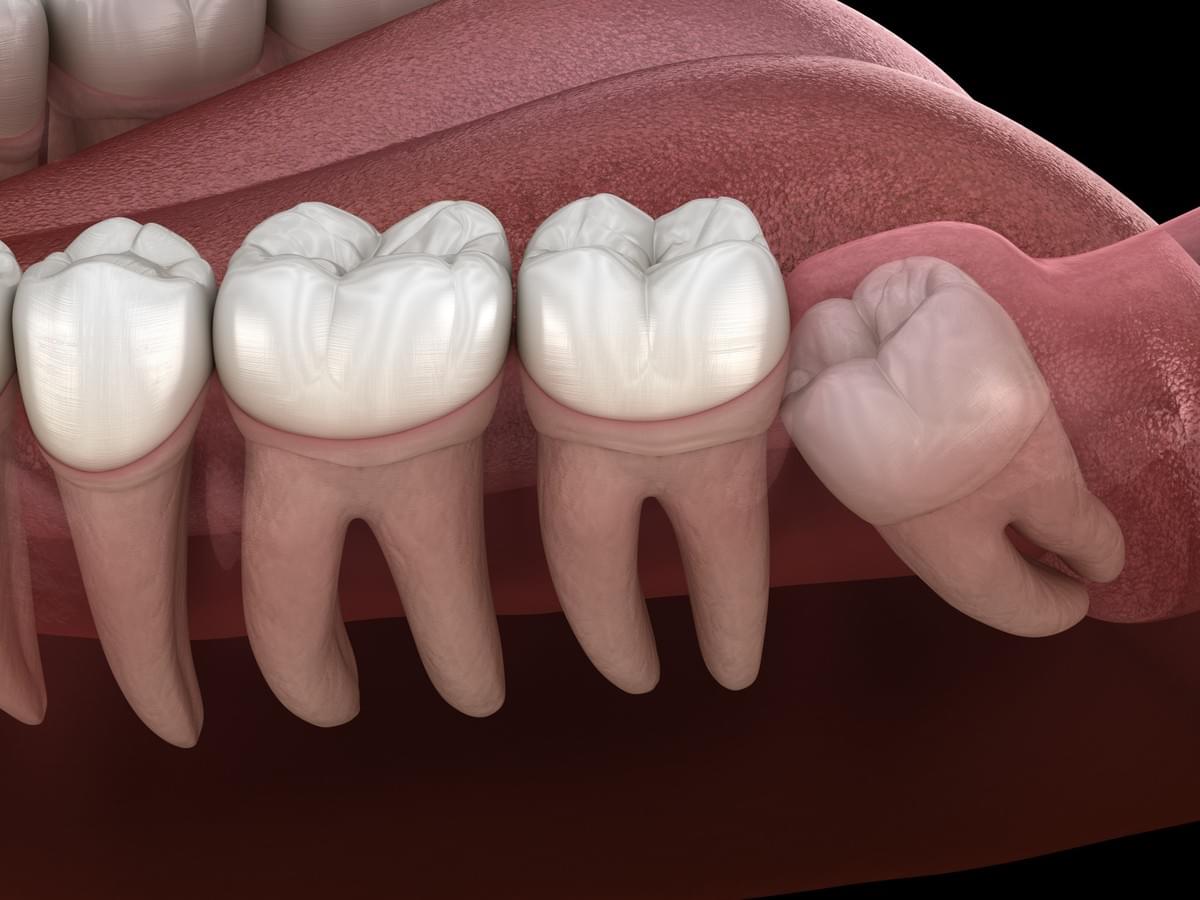
Many people in their mid twenties and late teens have their wisdom teeth removal, yet not every individual wants to undergo this procedure. If you don't feel comfortable removing your wisdom teeth yourself, then you may consider having a dentist removes them for you. Removing your wisdom teeth can be painful as your jaw is opened up to more teeth. You also have to be careful not to bite into something too hard or your wisdom teeth will likely come out and your mouth will feel very sore for several days. When you lose your fourth and fifth teeth, the tooth gap becomes a lot larger and it can be very difficult to fill in this gap when you get your new set of teeth. However, if you decide to remove your wisdom teeth for a variety of reasons, then you may want to have a dental procedure performed so that you no longer have pain from this procedure. Can i eat noodles after tooth extraction, read on for more answers here.
The first sign of wisdom teeth removal that many individuals notice is swelling. This usually occurs in the immediate weeks following the procedure, although it can last for several months. Some individuals experience a moderate amount of swelling while others have severe swelling. While wisdom tooth removal surgery will reduce swelling, it will also result in some degree of pain, especially around the area where the tooth is removed.
The second sign of pain is when your wisdom teeth erupt. You can expect your jaw to become impacted, which means there is not enough room for your jaw to move properly. Your jaw may feel sore, swollen and may even begin to burn. If this happens to you, then it is important to consult with a dentist immediately to determine whether you need to extract your tooth or if there is something else wrong.
In addition to swelling, another sign to look out for is tooth pain. If you are having problems chewing your food, then you should definitely get help from your dentist as soon as possible. Tooth pain can be indicative of an infection, which will require further treatment from your dentist. Your wisdom tooth gum pain could also be an indicator of wisdom tooth abscesses. Getting help as soon as possible can prevent additional dental issues.
If you have a gum disease, such as periodontitis, then you are more likely to experience tooth pain. Gum disease causes inflammation around your teeth. If your nearby teeth are also inflamed, then it is highly likely that you will also experience pain after wisdom teeth removal. Visit a dentist as soon as possible if you notice any signs of infection.
Wisdom teeth removal can be painful and uncomfortable for you. To avoid these types of complications, it is best to consult with your dentist about your options before going through any type of oral surgery. If you are experiencing any pain or swelling after the procedure, talk to your dentist immediately. He can give you advice on how to avoid swelling or any other problems that may occur after the procedure. At: https://en.wikipedia.org/wiki/Dental_surgery you can get more enlightened on this topic